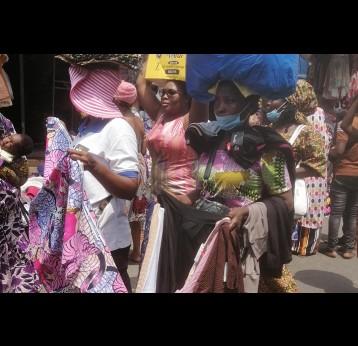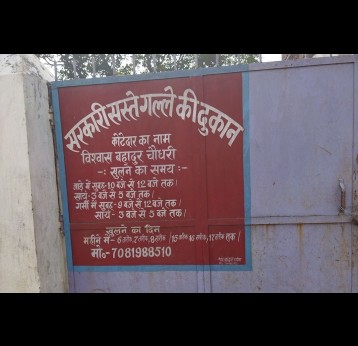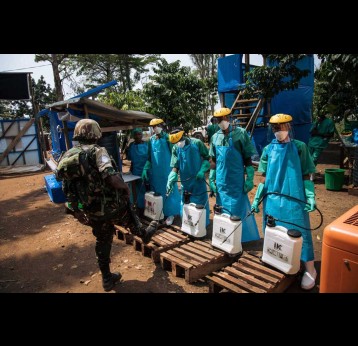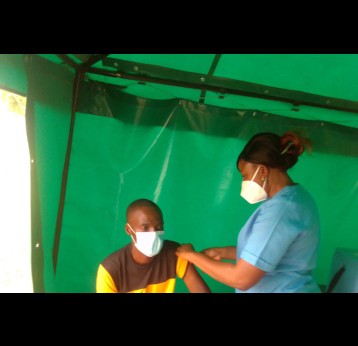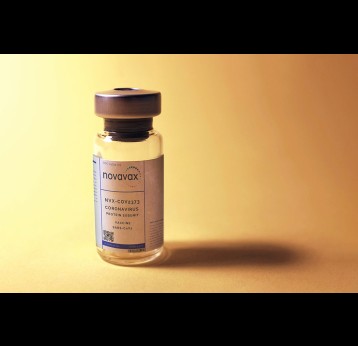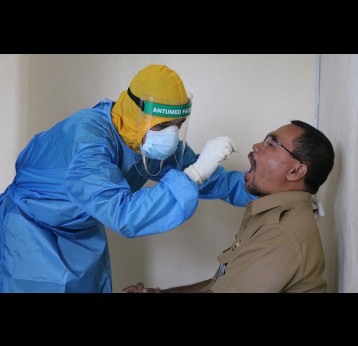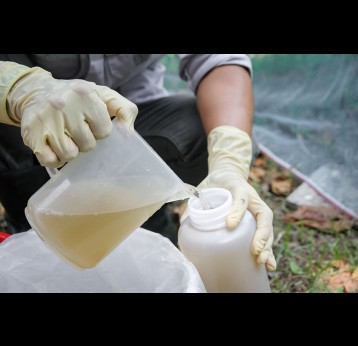View by type:
Articles (4223)
Vaccine mandate drastically increases vaccination rate in Nepal
To boost uptake, the Nepalese government has made vaccination cards mandatory for access to public services: it’s working.
Alzheimer’s disease linked to circadian rhythm – new research in mice
If replicated in humans, these findings could mean that targeting or boosting the circadian rhythm in Alzheimer's patients, could help with managing the disease.
Togo rolls out social safety net scheme to soften the economic impact of COVID-19
The arrival of COVID-19 into Togo in 2020 hit the economy, and ordinary people’s wallets, hard. The government stepped in to help.
6 historic experiments that helped pave the way for modern clinical research
The story of the clinical trial is longer and weirder than you might think.
‘We can’t overstate the power of efficiency’: 5 questions with IFPW
Covering 70% of pharmaceutical goods moved around the world, IFPW is a global group of wholesalers and distributors. Find out how they have been working with Gavi to improve soft skills in the world’s immunization and pharmaceutical supply…
A change to your diet could add years to your life expectancy - new study
A diet including more nuts, legumes, and whole grains could extend life expectancy, a study reveals. To encourage healthier diets, researchers have deployed a new tool which can help us understand the benefits and consequences of consuming…
The fair price shops of Uttar Pradesh, India
Uttar Pradesh’s fair price shops are helping improve vaccination rates amongst marginalised sections of the community.
Lessons from the DRC’s 10th Ebola epidemic: the people may know best
International epidemic management involves ceding the foreign experts who possess, at best, a surface-level understanding of a very complex region.
Zimbabwe’s health workers on the pandemic front line
Health workers at the forefront of Zimbabwe’s COVID-19 vaccination campaign share their experiences.
What is the Novavax vaccine, and why does the world need another type of COVID-19 vaccine?
With doses of the Novavax vaccine now starting to be delivered around the world, we examine what difference it could make to the pandemic.
Why don’t most people with COVID need to test for another 30 days, even if they’re re-exposed?
One study suggests the virus takes an average of 36 days to clear from the body after symptoms first appear.
Untreated hospital wastewater could drive antimicrobial resistance in low-income countries
Wastewater samples from Benin and Burkina Faso suggest the exchange of antimicrobial resistance genes between bacteria in hospital drains could present a serious and emerging health threat.



